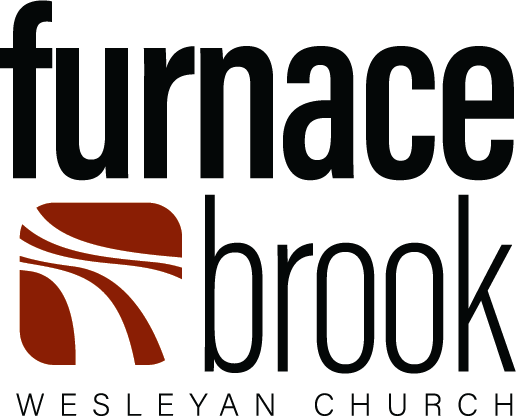 This past Sunday (June 3rd) we honored our graduates at Furnace Brook and I loved every minute of it. I love the video, the gift giving, and the commissioning, because I love the graduates. The Real Heartache on Graduation Sunday But I confess, it’s a little bittersweet. Every Graduation Sunday brings to mind some of the people we have celebrated in previous years who are not now “walking with the Lord,” or demonstrating much commitment to the faith that they had once professed. And that breaks my heart. Our church is no worse (and may be somewhat better) than most churches in this regard. Around the country a great many young people leave the church at the same time that they leave adolescence. Some come back as they start families of their own or when a crisis changes their outlook. But many others never return to church or to the faith. Why do sheep get lost and what’s to be done about them? In the Bible Jesus uses the metaphor of sheep to talk about this phenomenon. (See John 10:11-18 and Luke 15:1-7.) And this is a helpful metaphor to consider as we answer the question: Why do sheep get lost and what's to be done about them? Why do Sheep get lost? Bad shepherding Sheep are obstinate and willful. And so are we. Pastors and parents can do a lot to push the sheep away by “coming on too strong” with unrealistic expectations, and shepherding with lots of pressure and little grace. Bad folds A sheepfold is a place where the shepherd gathers the sheep to keep them safe when they are not in the pasture. So when Jesus talks about the “fold” we have the church in mind. And a bad, unhealthy church can account for the tendency of the sheep to wander. A lack of shepherding If bad shepherding is a problem, a lack of shepherding is an even bigger one. A lot of sheep wander because of feeble parents and indifferent pastors. It takes resolute and confident shepherding to get a sheep from one pasture to another. The faith is hard and so is church Even sheep who have good folds and good leadership from parents and pastors can still reject the faith and the church and when they do it is often (whatever pretenses they suggest) on account of laziness. The faith is hard and so is church. G.K. Chesterton famously said that “The Christian ideal has not been tried and found wanting. It has been found difficult; and left untried.” Sometimes we have to give our unfaithful youth credit for counting the cost, even if we fault them for deciding that Jesus isn’t worth it. What’s to be done for lost sheep? Put work into the fold. Make your church a good, purposeful place to be. Not a resort: comfortable chairs and a good sound system won’t keep a sheep from wandering. But soul nourishment, a meaningful assignment, and a lovely flock just might. Shepherd the sheep who haven’t wandered yet. The best recovery policy prevents the loss in the first place. Do not take for granted the faithfulness of young sheep. Celebrate it frequently and loudly. Go after the lost sheep. Make them a priority. Pray for them (set yourself a prayer prompt: every time you exit a building, for instance, pray for the lost sheep you know who exited the fold and never came back.) Reach out to a young person who appears to have walked away and ask how he is doing with Jesus, ask her how you can be praying for her. Remind them that they can come back. Trust Jesus by obeying Jesus. Concerning the lost sheep, don’t despair on the one hand or give in to complacent “faith” on the other. You can trust that Jesus will be relentless in pursuit of those to whom he has given his name. So be cheerfully and hopefully relentless yourself. Those lost sheep are infinitely worth it.
2 Comments
5/30/2023 08:48:03 am
I liked how this post shared that a recovery policy can help prevent loss. My friend told me that their sheep needs dipping. I should advise him to hire an expert in sheep dipping to ensure quality work.
Reply
Zolani Mtyapi
7/6/2024 06:55:07 pm
Thank you so much about the info, indeed in our days is not easy to be a shepherd, We need the intervention of our Chief Shepherd
Reply
Leave a Reply. |
Furnace Brook Wesleyan Church Blog
|

 RSS Feed
RSS Feed